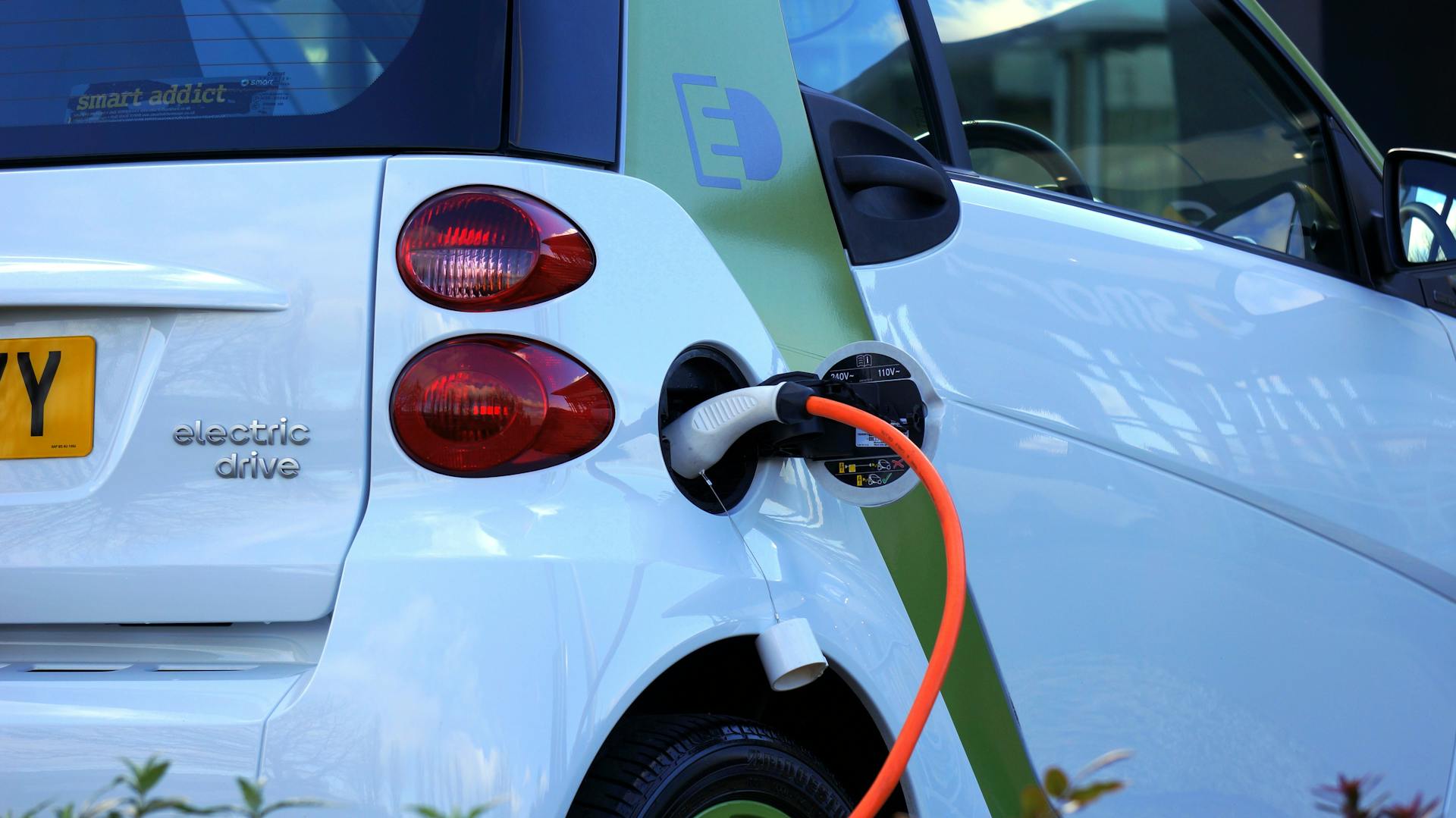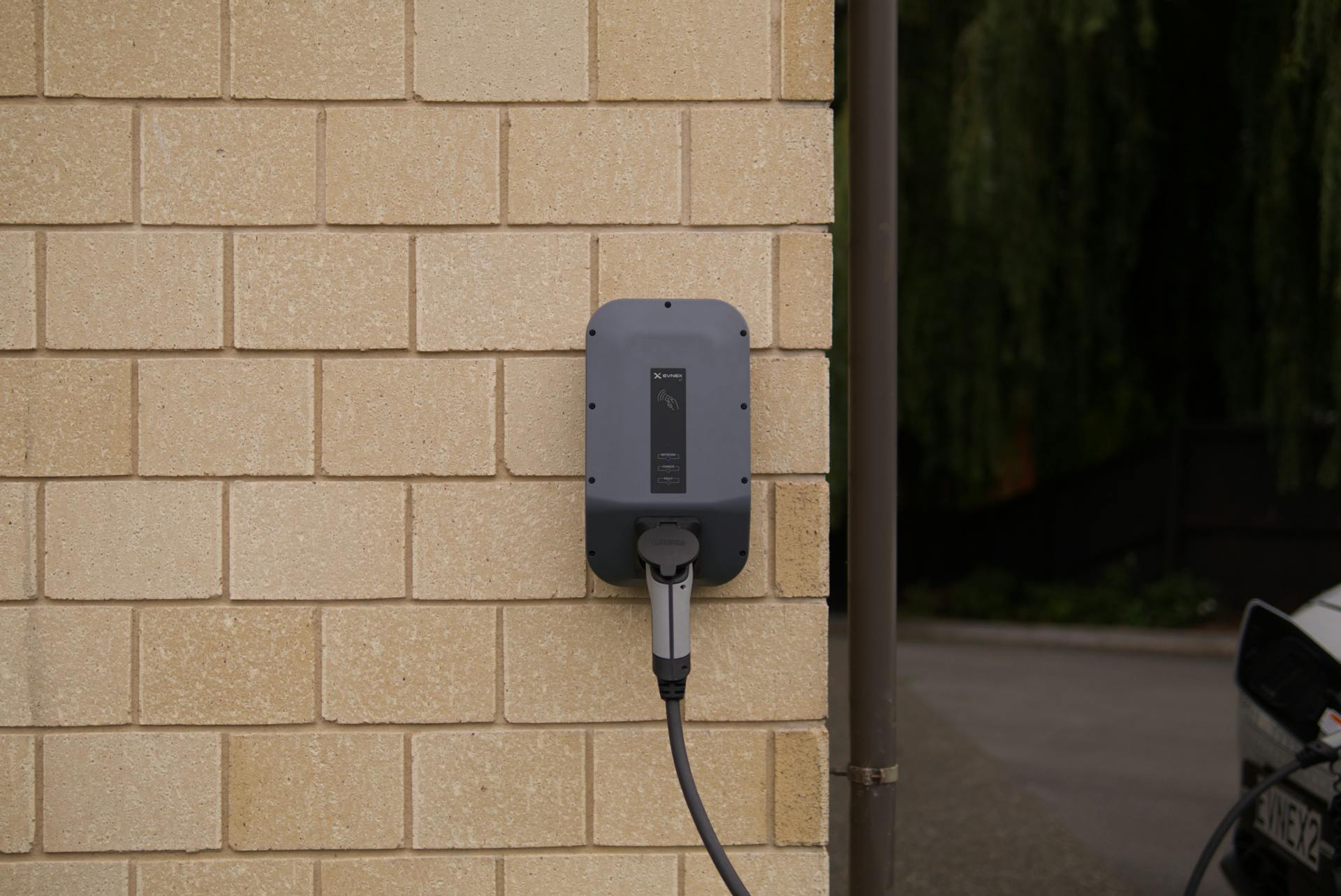Renewable Energy Integration: Using Solar Panels to Power Your Home EV Charger
11 Jun 2024, 1:57 pm GMT+1
With the surge in electric vehicle (EV) popularity, many drivers are looking to solar power as a sustainable and cost-effective way to charge their cars. By utilizing energy modeling software, you can further optimize your solar setup to enhance efficiency and savings. Combining an at-home EV charger with a residential solar panel system allows you to use clean, renewable energy from the sun for your daily commutes.
Why Charge Your EV with Solar Power?
Better for the Environment
Charging your EV with solar power means your miles are fueled by renewable energy instead of fossil fuels, cutting your carbon footprint significantly.
Save Money
After installing solar panels, the sun provides free power every day. Over time, charging with solar electricity is cheaper than paying for gas or commercial charging stations.
Incentives Galore
Federal, state, and utility incentives can help reduce the upfront costs of installing solar panels and EV chargers, making the switch more affordable.
Energy Independence
Generating your own power with solar panels reduces your reliance on the electric grid, giving you more control over your energy use.
Boost Home Value
Solar panels and EV chargers can make your home more attractive to eco-conscious buyers, potentially increasing its resale value.
How Solar EV Charging Works
Charging an EV with solar power involves connecting your home EV charger to your solar panel system, allowing direct access to clean energy from the sun.

Sunlight Strikes Solar Panels
During the day, sunlight hits your rooftop solar panels, converting solar energy into direct current (DC) electricity.
Inverter Conversion
An inverter changes the DC output from the panels into alternating current (AC) electricity, which powers your home and charges your EV.
EV Charger in Action
When your car is plugged into a solar-connected Level 2 charger, it draws clean energy from your solar panels through your electrical system to recharge the battery.
Home Power
Any extra solar electricity powers your home, reducing reliance on grid electricity.
What You Need for Solar EV Charging
Solar Panels
Mounted on your roof, they convert sunlight into electricity. More panels mean more power.
Inverter
This device converts DC power from the panels into AC power for home use and EV charging.
Electrical Panel
Channels solar energy throughout your home to power lights, appliances, and your EV charger.
EV Charger
A Level 2 EV charger offers faster charging with 240-volt power. Smart chargers with app connectivity and energy tracking features are ideal.
Metering
Digital meters monitor power flow between your solar panels, home electrical system, EV charger, and the grid, helping track energy usage.

Calculating Your Solar Needs for EV Charging
How Much Solar Capacity?
Estimate your annual EV electricity usage by considering your car model, battery capacity, and daily driving distance. Divide your annual EV electricity need by your location's average daily sun hours to determine your system's minimum kilowatt capacity. Include your home's power consumption for a comprehensive estimate.
Consult an Expert
For accurate system sizing, consult a qualified solar installer who can assess your EV charging needs and overall home energy use.
Key Considerations for Solar EV Charging
Upfront Costs
Installing solar panels and an EV charger requires an initial investment. Set a budget and explore available incentives and rebates.
Charging Habits
Solar power is produced during daylight hours. If you need to charge overnight, consider adding battery storage to store excess daytime solar electricity.
Future EV Plans
If you plan to buy a longer-range EV in the future, ensure your solar system can accommodate increased charging needs.
Roof Ownership
If you rent or face installation challenges, explore community solar options
Grid Backup
When solar production dips, grid power steps in for uninterrupted charging. Understand your net metering policy's compensation rate for excess energy fed back to the utility.
Maximizing Solar EV Charging
Home Battery Storage
Store excess daytime solar electricity in batteries for overnight charging, increasing energy independence.
Smart Charger
A smart EV charger allows you to control charging times, access data, and integrate incentives and rebates, ensuring maximum use of your solar power.
Home Energy Management System
An advanced HEMS optimizes solar power distribution between household circuits, prioritizing solar energy for your EV charger.

Incentives for At-Home Solar EV Charging
Financial incentives can make installing solar panels and EV charging equipment more affordable:
State/Local Incentives
Many states and local governments offer rebates, tax credits, sales tax exemptions, property tax exemptions, renewable energy certificates (SRECs), and net metering programs.
EV Charger Rebates
Tax credits and rebates are available for installing residential EV charging equipment, especially Level 2 chargers.
The Future of Solar-Powered EV Charging
As solar and EV adoption grows, expect more options for affordable solar EV charging through community solar programs, solar canopies, and mandates for new construction. Advances in solar panel efficiency, microgrid capabilities, bi-directional charging, and intelligent software will enhance solar EV charging, paving the way for greater energy independence.
Charging your electric car with solar energy offers significant environmental and cost benefits. This guide provides a clear path to tapping into free, renewable power in your own driveway, making sunny days even brighter for your wallet and the planet.
Share this
Contributor
Staff
The team of expert contributors at Businessabc brings together a diverse range of insights and knowledge from various industries, including 4IR technologies like Artificial Intelligence, Digital Twin, Spatial Computing, Smart Cities, and from various aspects of businesses like policy, governance, cybersecurity, and innovation. Committed to delivering high-quality content, our contributors provide in-depth analysis, thought leadership, and the latest trends to keep our readers informed and ahead of the curve. Whether it's business strategy, technology, or market trends, the Businessabc Contributor team is dedicated to offering valuable perspectives that empower professionals and entrepreneurs alike.
previous
When To Consider Mass Production For Your Business
next
Advantages of Employing a Quarterly Tax Estimator